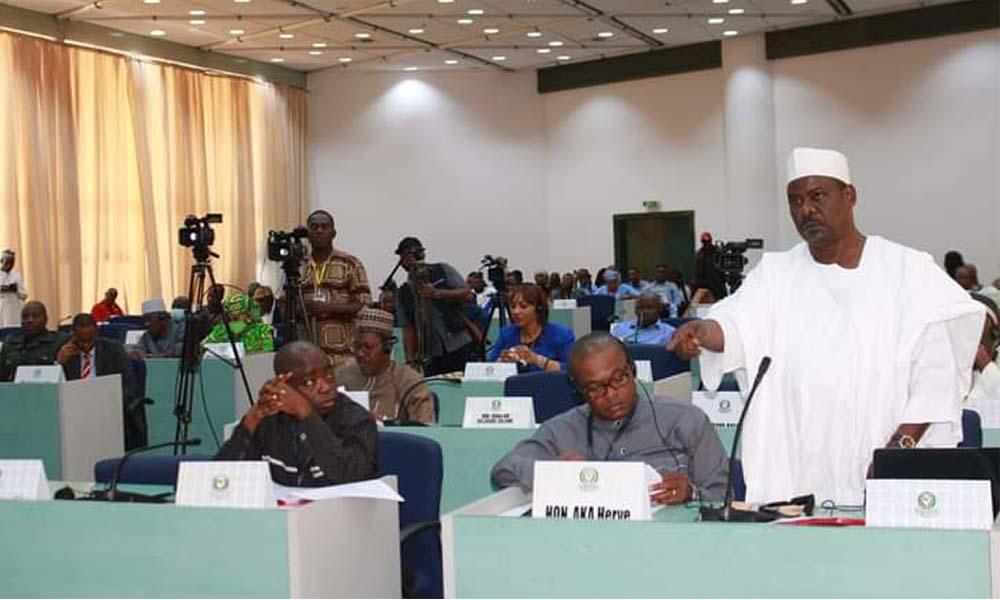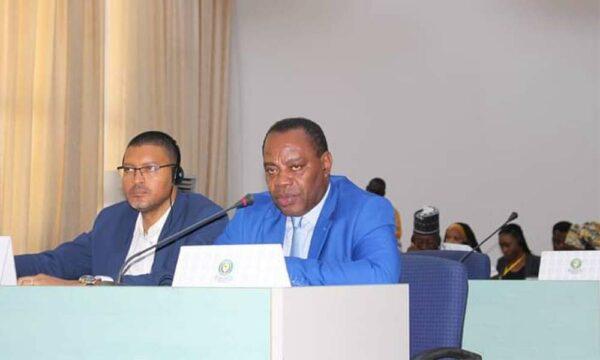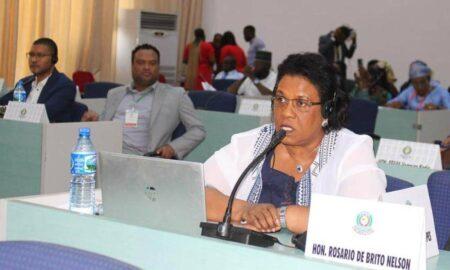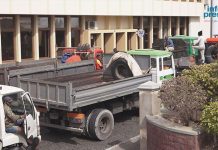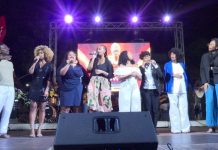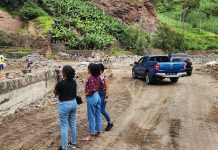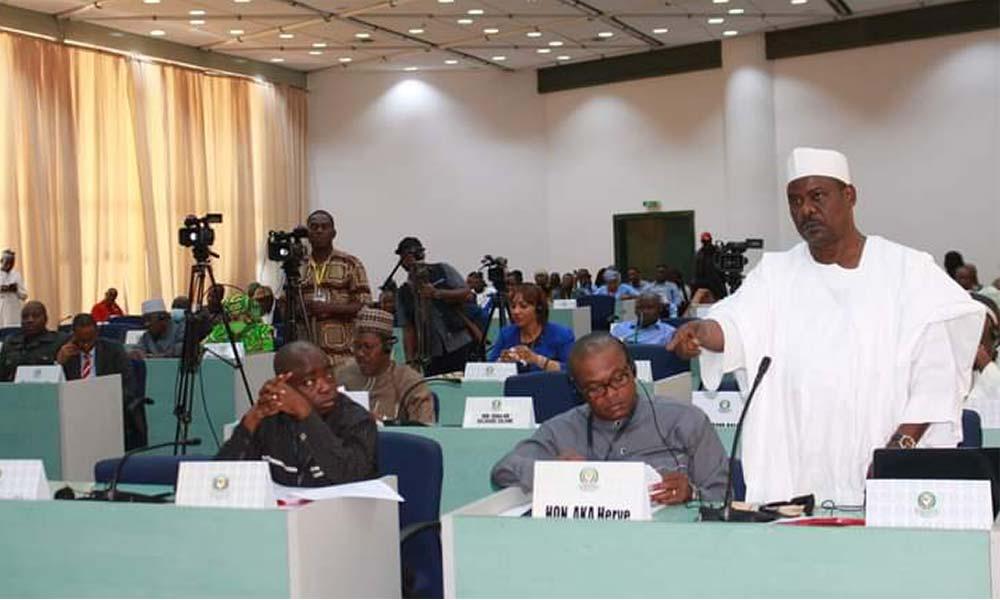
Africa-Press – Cape verde. ECOWAS parliamentarians want sanctions to be applied to member states that are in breach of the community rate. On the list of debtors are Cape Verde and Guinea-Conakry. The archipelago has not paid the fee for five years.
The deputies of the Parliament of the Economic Community of West African States (ECOWAS) approved this Wednesday, November 30, the report of the Ad Hoc Commission on the Project Consolidated Budget of the Community for 2023, set at 418,072,409 Unit of Account (UC), more than 585 million dollars, according to a press release sent to our editorial office.
According to the same source, during the assessment and debate of the document, which takes place within the scope of the ordinary session of the ECOWAS Parliament, taking place in Abuja, the parliamentarians once again raised the issue of non-payment of the Community Fee by some Member States. ECOWAS members.
Among them are Cape Verde and Guinea-Conakry, which appear in the table as non-compliant under the Community Tax revenue collection heading, as of September 30, this year.
Cape Verde in default for 5 years
Present at the session, Orlando Dias, deputy of the sub-regional parliament and head of the Cape Verde delegation, reacted immediately and acknowledged that, in fact, the last payment from Cape Verde dates from 2017, a year after the legislative elections that led to the MpD to the Government.
“In fact, the last time Cape Verde paid the Community Fee was in 2017. An amount was paid and shortly afterwards the ECOWAS Commission urged the country to settle arrears, through the negotiation of a payment plan which, in truth has not been complied with, which led the ECOWAS Commission to send a mission to Cape Verde to, together with the Government, solve this problem” clarified Orlando Dias.
However, from its point of view, the ECOWAS Parliament, as an advisory body to the Community institution, the only thing it has to do, under its competences, is to influence Member States to pay the Community Fee.
In this context, he even stated that “Cape Verde deputies in the ECOWAS Parliament have played their role”.
“If not, let’s see: less than a month ago, we had a meeting with the Minister of Regional Integration where we discussed, at length, the issue of payment of the Community Fee. We also met with the President of the Republic, with this matter on the agenda”, exemplified Orlando Dias, assuring that this is the competence of parliamentarians.
Negotiate
He believes, however, that the Cape Verdean Executive will pay the Community Fee, starting next year and honor its commitments.
However, he recognizes that once the powers of parliamentarians have been exhausted, the ECOWAS Commission can use its prerogatives to negotiate the payment of the missing Community Fee, with Cape Verde.
“Then there is the level of competence of the Heads of State and Government, which is where you can talk about sanctions or not. I see here that many deputies are talking about sanctions. But sanctions are not the responsibility of parliament, but of the Summit of Heads of State and Government”, says Orlando Dias.
honor commitments
In addition to Orlando Dias, deputy Rosa Rocha, from the Cape Verdean delegation, also reacted to the situation of non-compliance by Cape Verde.
“We have to agree with colleagues and express our dismay at this situation. We agree that countries, being in the community, must honor their commitments by paying the Community Fee”, he admitted.
Like Orlando Dias, she also believes that the ECOWAS Commission has mechanisms to make Cape Verde pay the Community Fee.
“We are parliamentarians, we do not have executive powers and, therefore, our role is to sensitize the
country’s authorities to honor their commitments, with the sub-regional community”, he explained, recalling the various awareness missions they carried out with the Government and of the Presidency of the Republic.
It should be remembered that this tax constitutes between 70 and 90% of the Community budget, charged by each Member State, through a mechanism known as the “Community Tax”, fixed at 0.5% and levied on goods imported outside ECOWAS.
For More News And Analysis About Cape verde Follow Africa-Press

